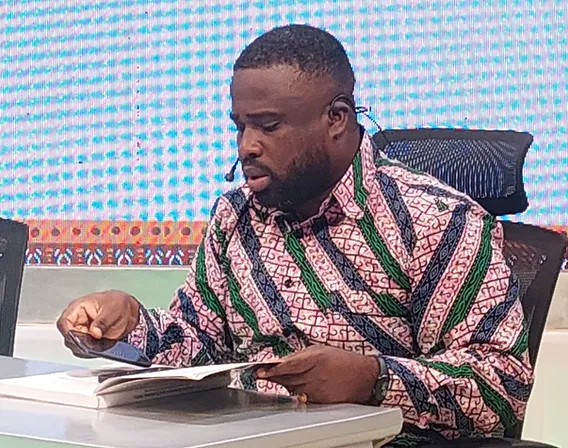Benjamin Gyewu-Appiah, a prominent member of the New Patriotic Party’s (NPP) communication team, has publicly addressed his controversial statement made earlier this year, where he declared that he would resort to self-immolation if John Dramani Mahama of the National Democratic Congress (NDC) won the 2024 presidential election.
With Mahama’s decisive victory now confirmed, Gyewu-Appiah’s previous remark has resurfaced, sparking widespread debate across both social and mainstream media. In an interview on Neat FM, Gyewu-Appiah expressed deep regret over the extreme nature of his words, admitting that they were made in a moment of heightened political tension and were never meant to be taken literally.
“I deeply regret my comment,” he said. “It was an off-the-cuff remark made in the heat of the moment. It was never intended to be taken seriously.”
Gyewu-Appiah explained that at the time, he was confident in the NPP’s strategies, particularly the campaign efforts led by Vice President Dr. Mahamudu Bawumia. He recalled the moment in a political television program when a pundit predicted a devastating loss for Dr. Bawumia, claiming the Vice President would secure less than 20% of the vote. This prediction, Gyewu-Appiah said, angered him and led to his rash response.
“The comments I heard about Bawumia’s chances were hurtful,” he reflected. “In my frustration, I made an extreme statement, but it was a political remark meant to rally our supporters, not something that should be taken literally.”
Now that Mahama’s victory has been confirmed, Gyewu-Appiah clarified that his initial remark was part of political rhetoric designed to motivate NPP supporters to get out and vote. “It was about energizing our base and showing our belief in our candidate’s chances,” he explained.
Acknowledging the gravity of his words, Gyewu-Appiah offered a public apology, recognizing that while political rhetoric can sometimes be passionate, it should always be measured and responsible.
“I was caught up in the moment, and I apologize to the public for the extreme nature of my words,” he said. “They were never meant to be taken seriously, but rather as a call to action during a tense political campaign.”
Gyewu-Appiah’s apology has been met with mixed reactions, as many see it as a necessary step in acknowledging the extremity of his words. Others, however, have questioned the nature of political discourse in the heat of an election cycle. Nonetheless, Gyewu-Appiah’s reflection on the impact of his statement underscores the importance of responsibility in political communication, especially in a nation that prides itself on democratic processes.
Send your news stories to newsghana101@gmail.com
Follow News Ghana on Google News


















